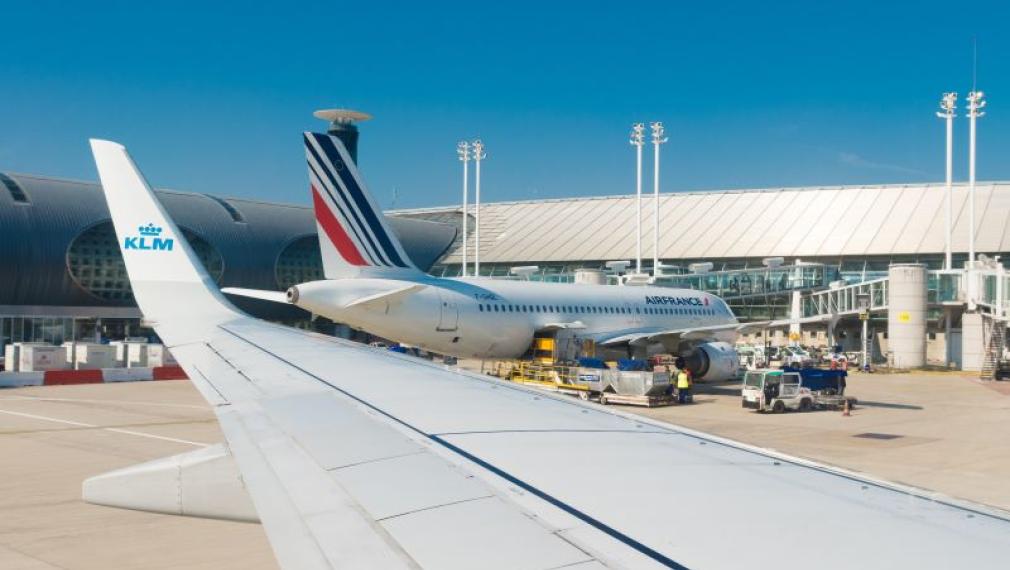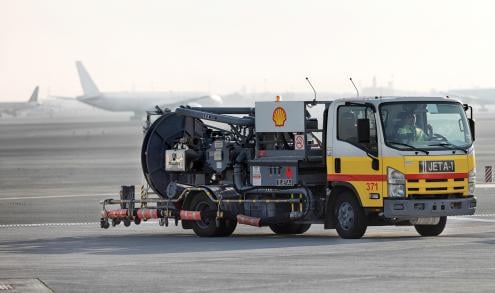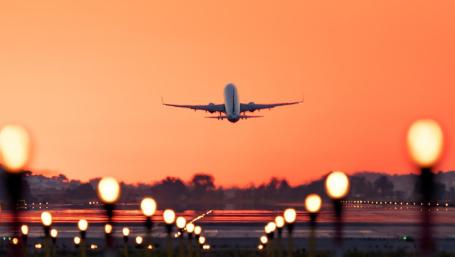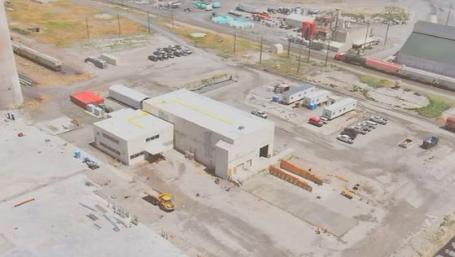Sustainable Aviation Fuel
With governments and airlines committed to decarbonizing aviation by 2050, innovative solutions are required and sustainable aviation fuels (SAF) could play a major role in meeting targets. IATA estimates that SAF could contribute around 65% of the reduction in emissions needed by aviation to reach net-zero in 2050. This will, however, require a massive increase in production in order to meet demand.
Latest News On Sustainable Aviation Fuels
Feb 26, 2025
Arcadia eFuels and LanzaJet have flagged several EU policy discrepancies which are making it harder to get their projects off the ground.
Feb 24, 2025
ENEOS and Mitsubishi Corporation will jointly conduct a Front End Engineering Design to advance the study of SAF at ENEOS’ Wakayama Plant.
Feb 21, 2025
Our roundup of the main aerospace and defense stories making the news this week.
Feb 20, 2025
Danish energy company Topsoe and Malaysian firm FatHopes Energy have agreed to explore the possibility of setting up an SAF refinery in Malaysia.
Feb 19, 2025
Twelve has raised an additional $83 million in funding to build power-to-liquid fuel plants, beginning with its AirPlant One facility in Moses Lake, Washington.
Feb 18, 2025
Europe needs investment to drive much-needed growth in sustainable aviation fuel (SAF) volumes, the European transport commissioner Apostolos Tzitzikostas said.
Feb 18, 2025
Two stakeholder groups—Project SkyPower and the Sustainable Aviation Fuels Institute (SAFII)—have detailed separate plans to accelerate the roll out of SAF.
Feb 14, 2025
Norsk e-Fuels plans to have three plants n line by 2032 producing a total of 250,000 liters of e-fuel, or synthetic kerosene, sustainable aviation fuel.









